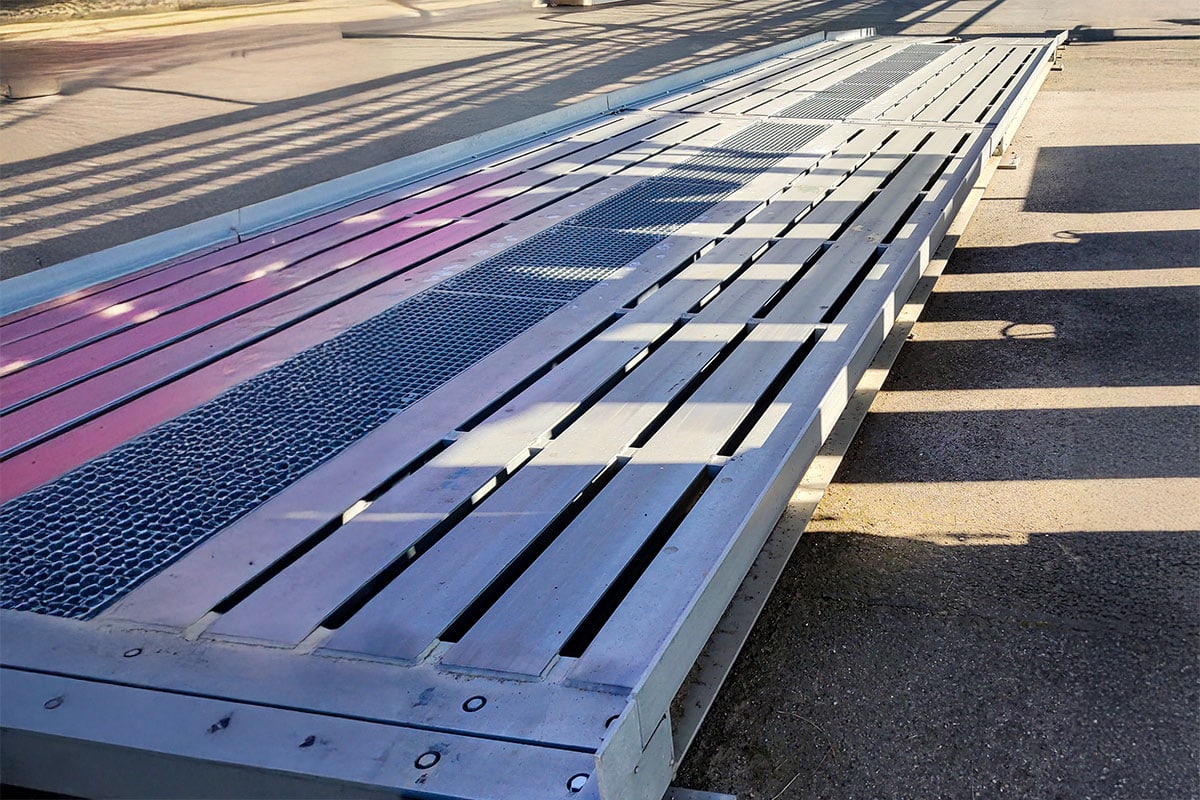Hallo und herzlich Willkommen! Ich bin Albert, Waagenbauer, und leider konnte ich noch nicht finden, wonach Sie gesucht haben.

Unser Portfolio
Unsere Automatisierungslösungen
- Wägesoftware
- Lösungen für den Gleisbereich
- Steuerungen für die Schüttgutverladung
- Lösungen für das Yard Management
Kontakt
Unsere letzten Artikel im Waagen-Magazin

ESSMANN Waagen-Shop & LINDA Apotheken: Gemeinsam für höchste Präzision in der Apotheke
In der Welt der Apotheken ist Präzision eine Verpflichtung. Ob bei der Herstellung individueller Rezepturen oder der Beratung – zuverlässige Waagen sind essentiell, oft sogar …

Fahrzeugwaage auf dem Campingplatz: Wiegen schafft Klarheit
Sommer, Sonne, Sonnenschein, zieh ich mir furchtbar gerne rein!“ – so rappten einst Die Fantastischen Vier. Und auch Sie freuen sich sicher auf den Urlaub! …

Präzision auf Achse: Wie eine Unterflur-Fahrzeugwaage den Materialfluss bei Lufthansa Technik Hamburg optimiert
Im Jahr 2022 hat die ➚Lufthansa Technik AG auf dem Gelände des ➚Hamburger Flughafens ein neues Reststoffsammelzentrum realisiert. Ziel des Projekts war es, die Materialflüsse …

Mobile Fahrzeugwaage HE-TS in großem Chemiepark mit breiter Fahrspur und Aufkantung
Wenn in der chemischen Industrie Flexibilität auf Präzision trifft, braucht es Lösungen, die mitdenken – und mitmachen. Genau das leistet unsere mobile Fahrzeugwaage HE-TS 18 …
